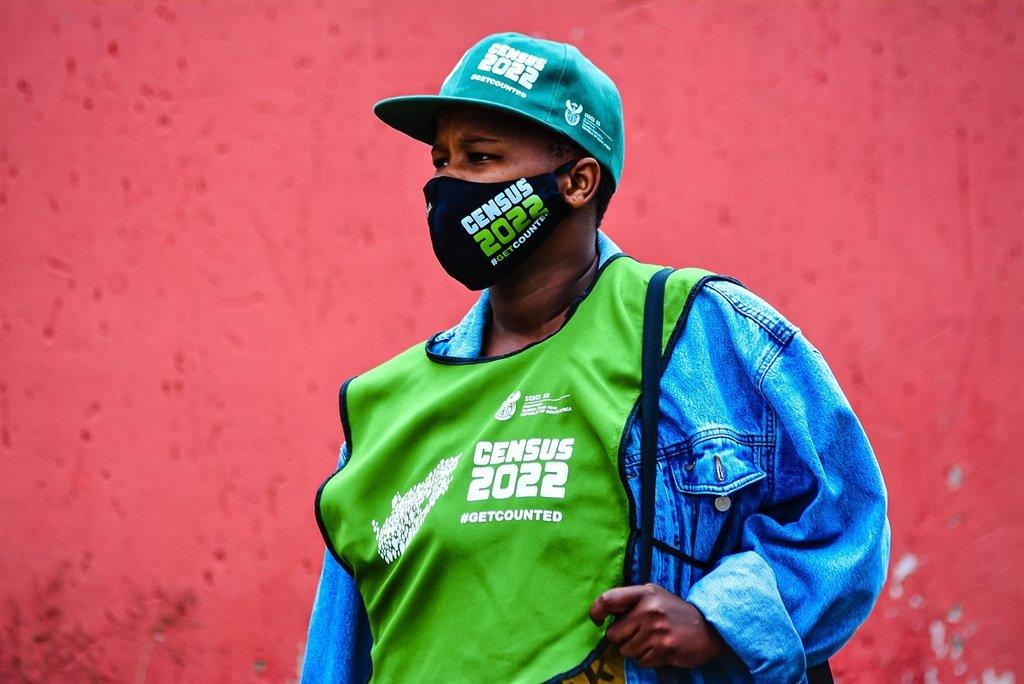Africa-Press – South-Africa. Statistics SA found it difficult to find enough fieldworkers to carry out the census due to the low rate of pay and the racial bias of communities, especially in the Western Cape.
Statistician General Risenga Maluleka and top officials of the agency briefed MPs on Wednesday, outlining some of the difficulties in undertaking Census 2022, which has been extended in the Western Cape for the second time. The Western Cape, where the response rate has been poorest, is now on 73%, with the count still open until 31 May.
Maluleka said the challenges in the Western Cape were unlike any Stats SA has ever experienced. Said Maluleka:
The rate of pay at R264 a day was also not considered attractive enough to most people who applied to be enumerators, who were unemployed matriculants, officials said. On an hourly basis, assuming an eight hour day, the rate of pay was R10 an hour above the minimum wage, which is considered very low.
Although 1 million people registered to become enumerators, few signed on to do the work and the agency said it struggled to get the 149 000 people it needed. The largest number ever employed at one time was 89 000. In the Western Cape, where it needed 12 000 enumerators, the most that were ever employed was 4 500.
Stats SA head of communication on the census Ashwell Jeneker told MPs that “people were not prepared to work for R264.”
Some people quit immediately on learning with the job entailed. Others quit after two days, saying it was too dangerous and others absconded, said officials.
READ|
Low response in Western Cape threatens budget allocations, integrity of Census 2022
The biggest problem areas were affluent gated communities and areas with high walls. Residents in informal settlements and rural areas were more amenable to being counted, said the agency.
The census provides government with vital information for planning and is used to determine budget allocations to provinces, such as those for education, health and housing. Census 2022 is the third census since democracy with the last one undertaken in 2001.
The count in eight of the nine provinces has been completed. When the entire country has been counted, a post-enumeration survey – a 1% sample – will be carried out to test the size of the undercount. The count will then be adjusted. In the last census, the Western Cape also had the largest undercount at nearly 20%. The bigger the undercount, the less accurate the adjustment process will be.
This is the first census that included an option to complete the survey online. This was less successful than the agency had hoped, said Maluleka. Only 200 000 people used the online option while 67 000 opted for a telephone sample. Some 18.2m face-to-face interviews were conducted.
The results of the survey are expected to become available in 12 months’ time.
For More News And Analysis About South-Africa Follow Africa-Press






